The UAE’s Economic Policy Alignment Project was initiated in February 2023, and the Ministry of Economy, in collaboration with the Organisation for Economic Cooperation and Development (OECD), arranged the concluding event.
The project’s goal is to make the nation’s economic legal framework more competitive. The event was attended by the country’s minister of economy, Abdullah bin Touq Al Marri, as well as a group from the Organisation for Economic Cooperation and Development.
Bin Touq said, “The UAE, under the guidance of its wise leadership, boasts a competitive and flexible economic legislative system today. It has witnessed the launch of numerous pioneering legislation and policies for various sectors and economic and commercial activities in the country, particularly the new economic sectors. This falls in line with the objectives of the ‘We the UAE 2031’ vision to make the UAE the number one globally in the development of proactive legislation for new economic sectors by the next decade.”
He added, “The alignment of the UAE’s economic policies with those of OECD enhances the readiness of national institutions to cooperate with all relevant international and regional institutions and organisations. This will consequently contribute to a more flexible economic model and the alignment with global standards through further development of economic legislation, the creation of a competitive and sustainable business environment and the promotion of opportunities for entrepreneurs and investors in various economic sectors.”
Because the project focuses on the creation of policies for economic sectors other than oil, Bin Touq pointed out that it also helps to diversify and preserve the country’s economy. He went on to discuss the positive economic statistics and outcomes the UAE achieved in the first half of 2023, highlighting the 3.7% GDP growth and the 5.9% GDP growth of the non-oil sector.
Quick Reads
View AllThe Economic Policy Alignment Project involved developing economic policies in four major areas—competition, corporate governance, entrepreneurship, and investment—in line with international best practices. The forum examined the project’s results. Additionally, it witnessed the sharing of experiences and organised multiple technical workshops regarding the UAE’s endeavours in the four domains.
Over a more than ten-month period, from February to November 2023, more than 150 representatives from almost thirty government and commercial sector groups took part in the effort. Delegations and expert visits were also witnessed during the project in order to examine additional working processes across various economic sectors and to evaluate current law in order to develop and raise it to the level of international standards.
The discussion also covered the most important outcomes the UAE economy has seen recently as a result of implementing strategic measures meant to transition the country to a new economic model.
Additionally, the nation has introduced a number of laws and measures to strengthen corporate governance and capital markets, encourage a culture of competition in the nation’s marketplaces, and establish programmes that assist small and medium-sized enterprises (SMEs) with an emphasis on sustainability and innovation.
The Ministry of Economy of UAE is nevertheless eager to take advantage of global norms and practices and to broaden its collaboration, knowledge sharing, and discussions on economic policy with the OECD.
(With agency inputs)


)
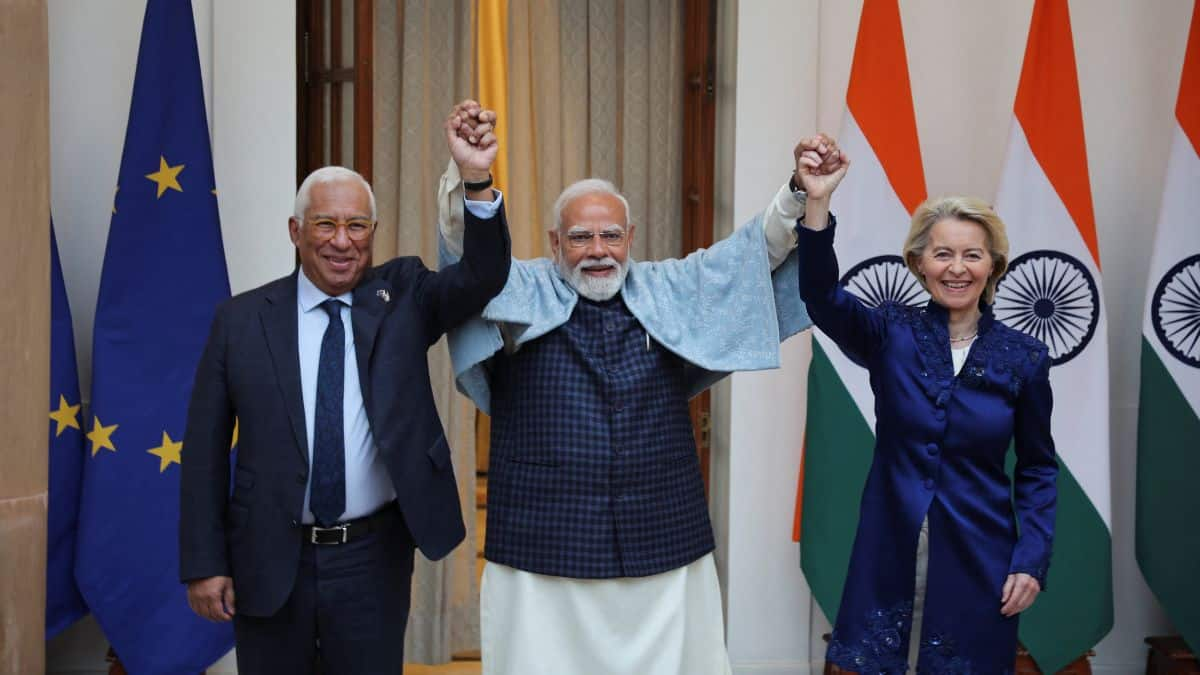
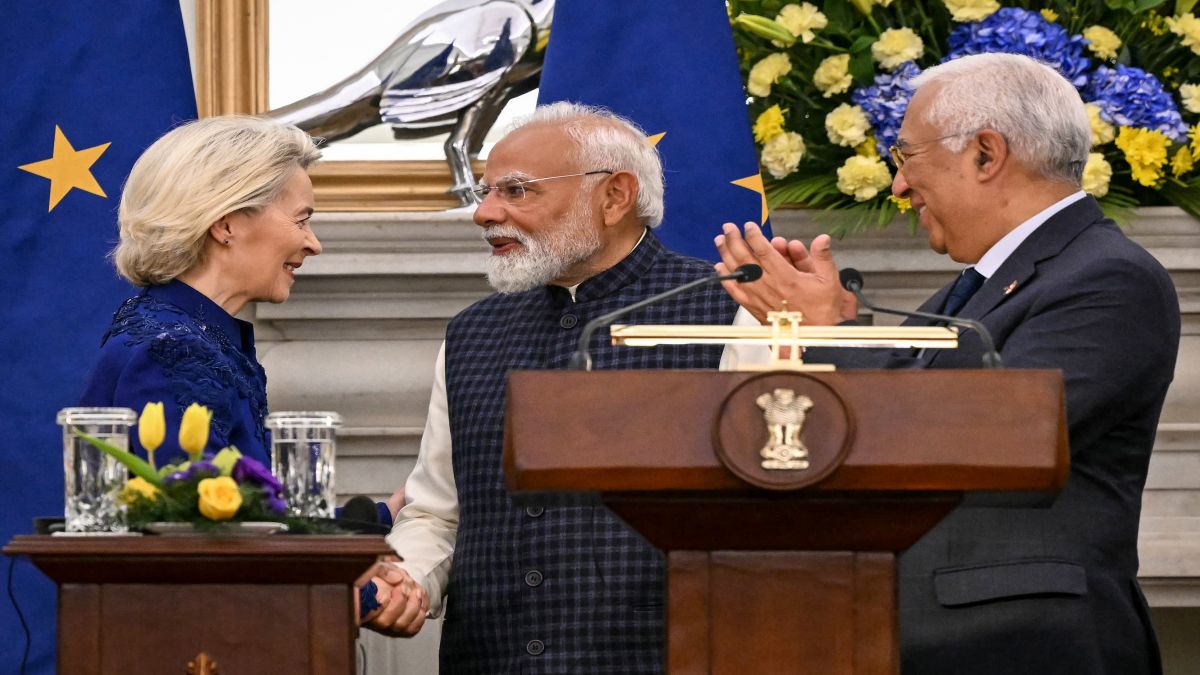)
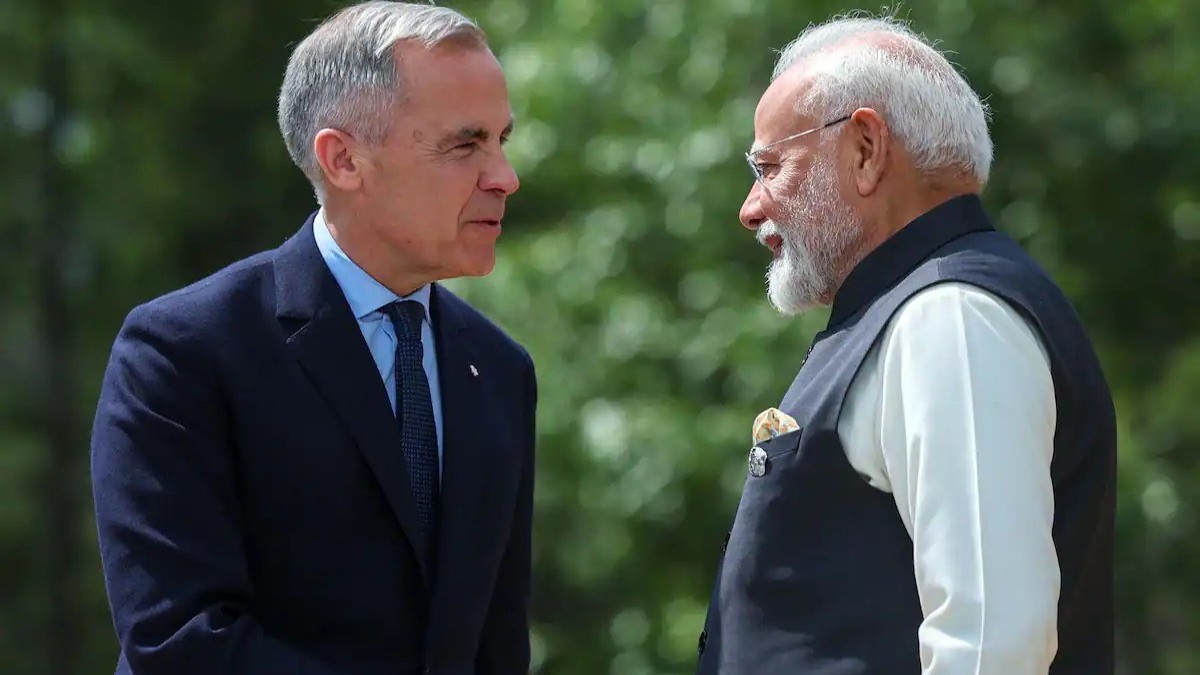)
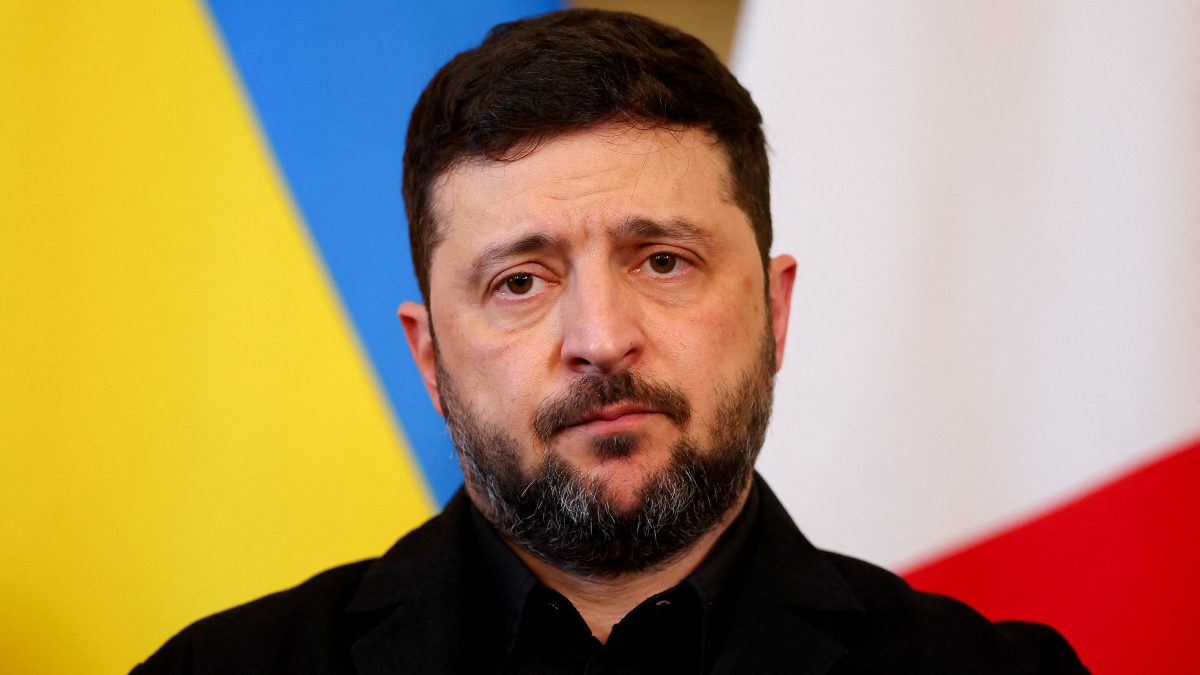)
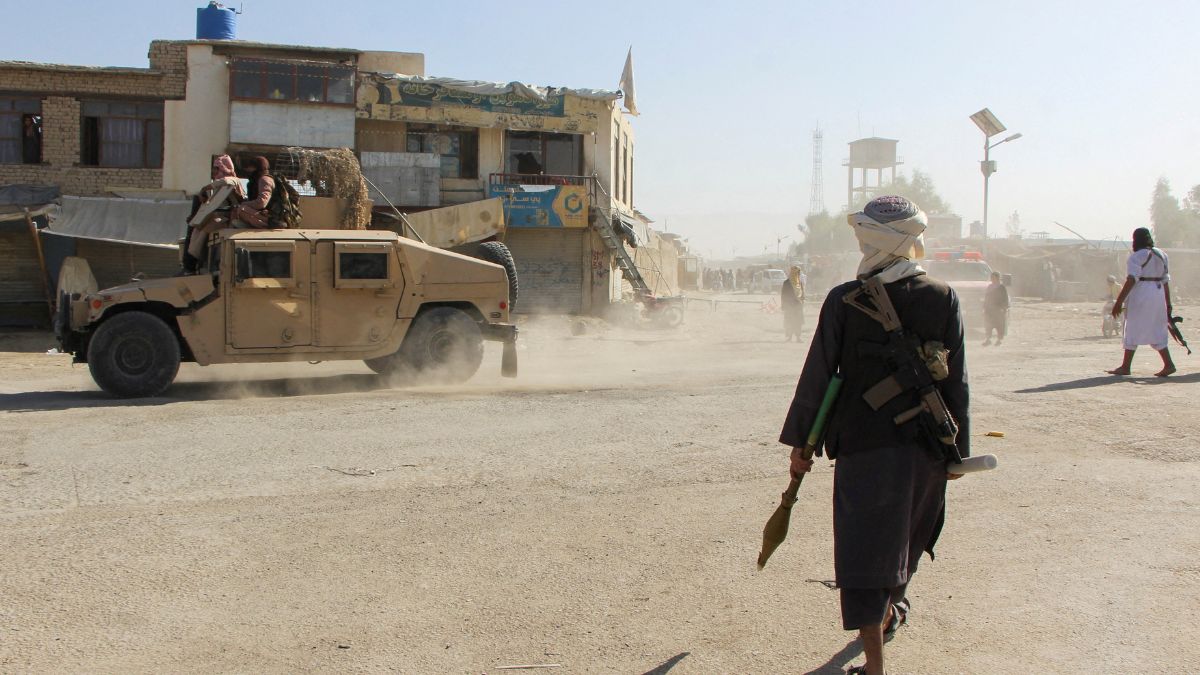)
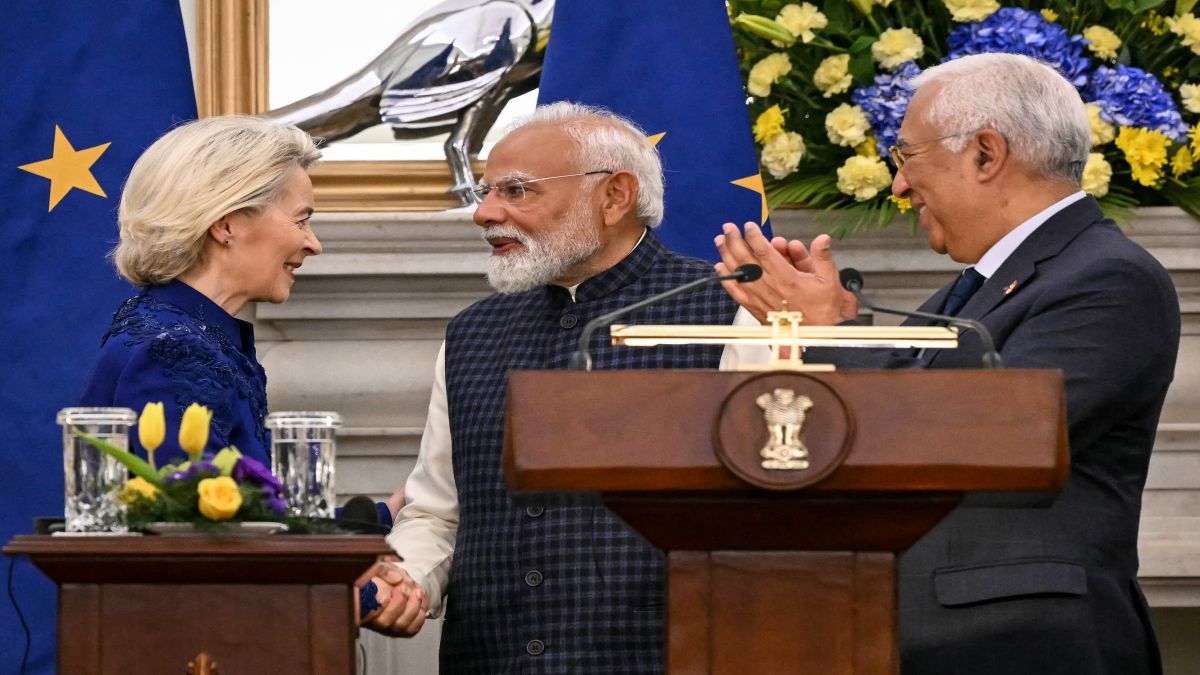)
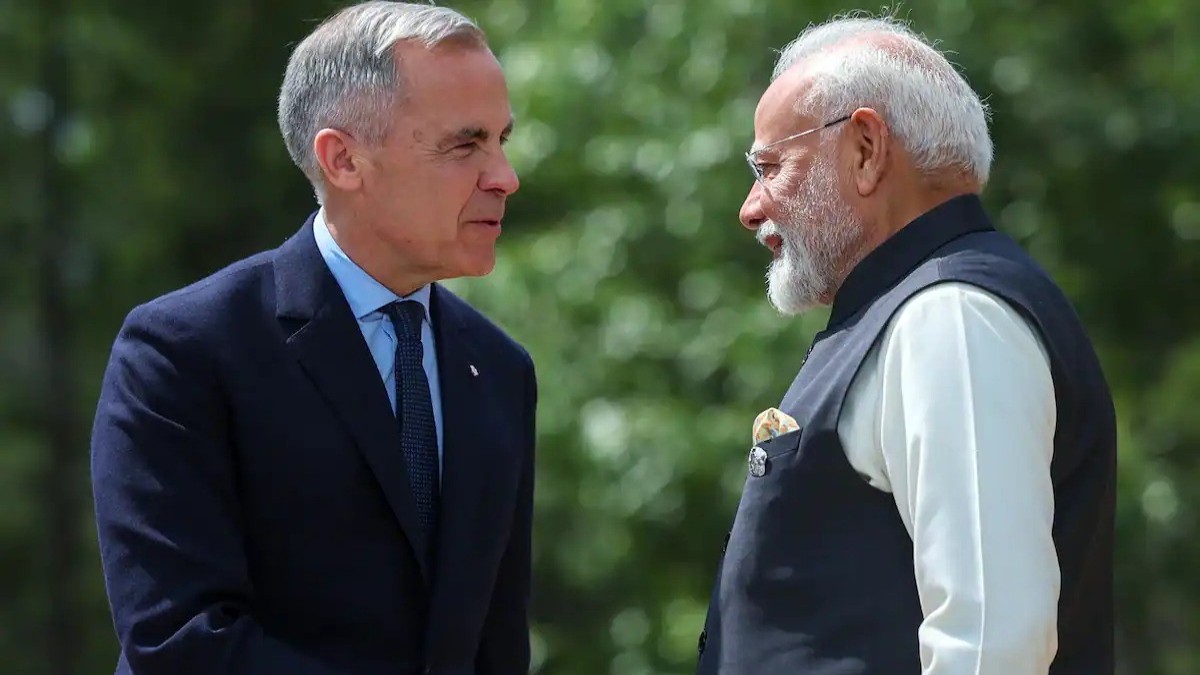)
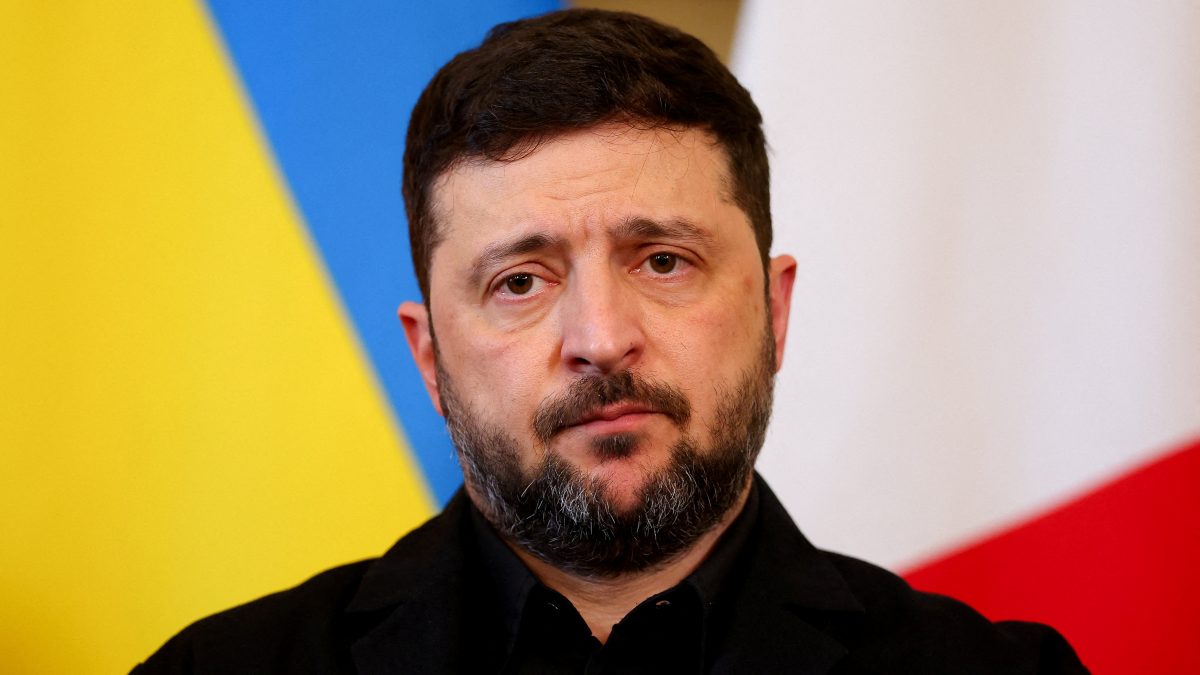)
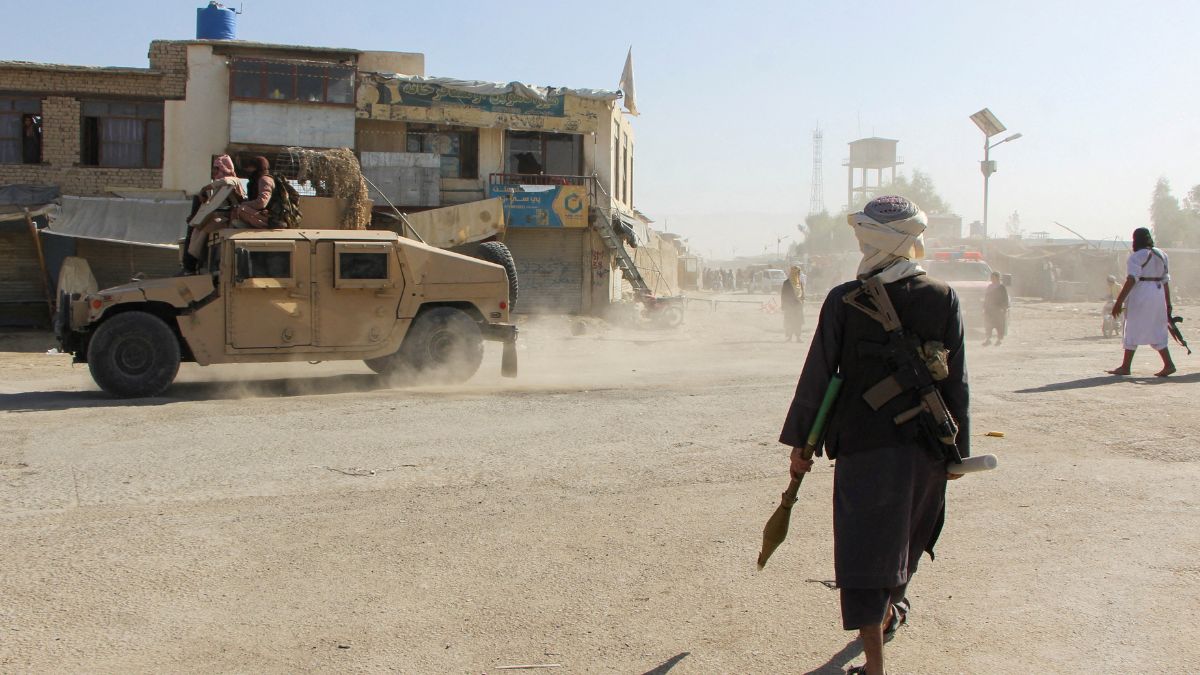)



